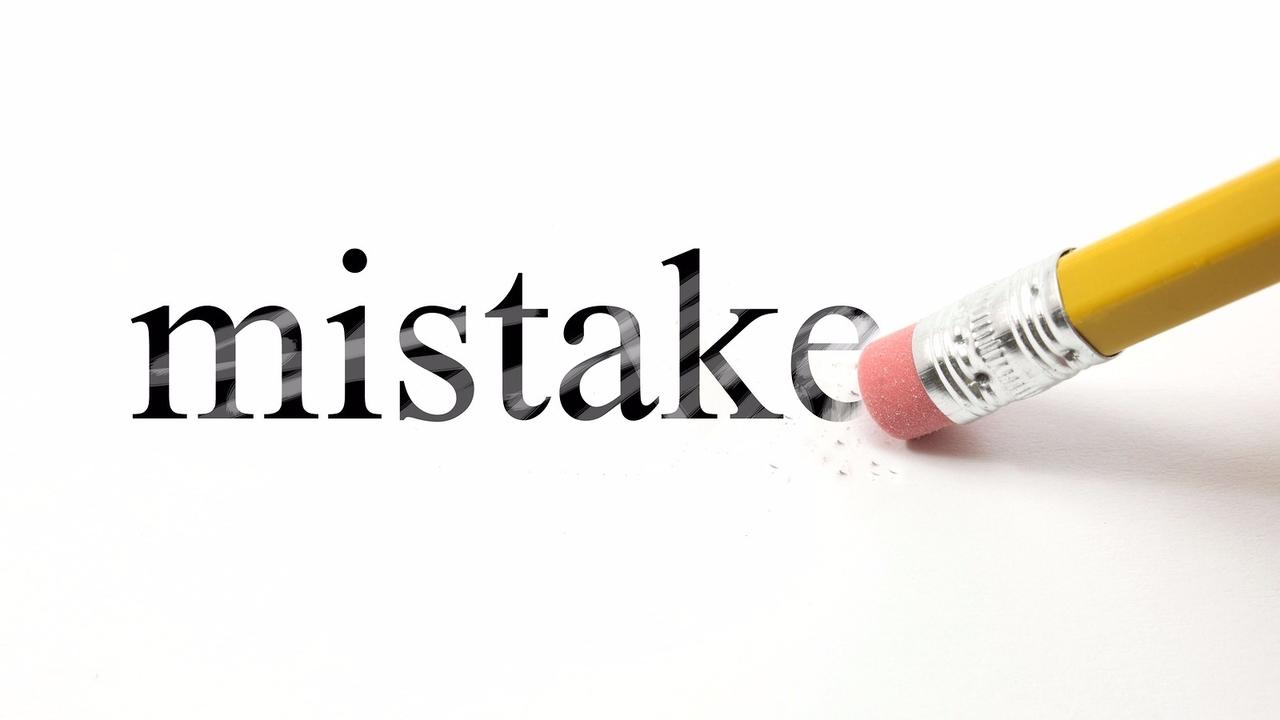Solar Incentives in Vietnam
“How can I get my business run when I’m not there?”
Often in the solar business, I get asked this question. Whether it is a large utility company that has a solar division or a startup with 3 employees.
The large company might have different problems than the small business you might think. But what I’ve learned might surprise you.
What is the market like here? Check this out.
In Hanoi now, in Vietnam. This market is ready to grow. The incentives are attractive. Made some contacts. They don’t want to repeat the mistakes we have made elsewhere on the globe and are interested in getting input from other countries (which is great!).
Decided to visit for work and cultural reasons.
Do you ever want to take time off to travel? Visit another country? Do business internationally?
You need to do a few important things and they are outlined in the video.
Let's connect soon.
Keith
Taking Risks
Since you've received emails from me, would like to share why you received more than you're used to.
What is the largest opportunity in energy by 2020 and how to get your piece of it

You’re looking for the hottest trend. Newest product. Ways to wow and amaze your family and friends. You want to be a leader. A source of knowledge. An authority.
Little secret. You will be, as it relates to the energy business. But you’ll need to spend some time learning about the technology. The hardware. The software. The lifestyle of your clients.
Centralized power plants are fading. One look at the financial statements of utility companies shows very anemic growth. This is for a few critical reasons.
We are using less energy. This comes from the fact that we’ve encouraged manufacturers of all things energy consuming to get more efficient. It also came on the heels of $100 a barrel oil for a good chunk of time. This forced everyone to examine what they made and how to make it use less energy in every component we made.
We also use more solar. This is correlated to incentives and some areas around the globe encouraged more solar public policy adoption than others. Ei...
How profitable companies offer more than just solar

Would you rather do $5 million in sales with a 20% profit or $10 million in sales with a 10% profit? And what if I said that the $5 million in sales wasn’t all from solar?
The most profitable way to grow and scale your business is most likely not from solar only sales. You see when you evaluate the current pricing structures for solar offerings today, the margins are ultra-thin. And we can talk about the difference between net profits or retained earnings versus gross margins as well.
To go back to the idea for a moment. You might be thinking, you want to do the $10 million and make 10% because you think it is easy. Perhaps you do a few land deals and a few megawatts of solar and you’re done. Low risk. 1, 2, 3. Collect money.
Often this is far from the truth. Utility scale or even some 500kW ground mount requires a tremendous amount of due diligence on your behalf. A lot has to go well. A lot can (and will) go wrong (I have scars to prove it).
But you still are enamored...
Why solar companies have failed and what you can do about it

You’ve been there. Looking out at your competition, you wonder why they charge so little. And the next company seems to do the same. You feel tempted. Dropping your price. You want the next job.
You want it so bad, you can't think straight.
This was the theme from 2009-2016+. Work at any expense. Stay busy. Focus on the top line- sales revenue. The bottom line, not so much.
Like a plague this crushed the largest of solar operators. Want proof? Go look at their financial statements on sec.gov/edgar for validation.
The old adage became true. Do more sales, grow fast, get economies of scale, drive down costs. While this axiom could be true for manufacturing, like the semiconductor business. For solar, not so much. Why?
Solar businesses in general are contracting companies. Sure, some have sophisticated sales and marketing arms. Yes, some offer creative financing. But when you distill it down to its basic elements, this is what solar is and was and will always be.
Sure...
State of The Solar Industry
This was a 40 minute interview with Lisa, discussing the State of The Solar Industry.
We also went into a deep session of what will definitely change and what will never change.
Knowing the difference between the two distinctions is critical for you and your career.
Welcome your thoughts.
Respectfully yours,
Keith Cronin
How To Get More Colleagues

Many people have expressed over the years, how challenging it is to find talent. Even in the early years for me, it was a hit or miss. You've been there. Someone is on their best behavior at the interview. Stellar resume written by Hemingway. Accolades. Credentials.
But something happened. Like dating, it took 60 days to realize it was a bad hire. But the damage is done. Clients are unhappy. Other colleagues at the company are miffed. The optics are bad.
You don't want to do this, ever again. Hiring is about as fun as getting a colonoscopy. You know you need to do it, but you want to be unconscious and just have the work done.
Hiring is like dating. There is alot of listening that happens in the beginning. Deep listening. Connecting to the applicants desires. Their goals. Their vision for the future. What a day in the life would be like, ideally for them.
We have to start there. Not what we want. Forcing any relationship never works in the long term. And remember the 60 day courtsh...
How Do You Value Your Time

Perhaps your most precious commodity.
The one thing you can't buy or hold back.
We're all pulled into time famines. At work or at home.
Think about it. There are 8760 hours in a year. You sleep for 1/3 of them (at least I hope you do). That would leave you with about 5840 hours left. Take the other 1/3 for leisure and you have 2920 hours left.
Said differently, there are 52 weeks in a year. We all take about 4 weeks off including holidays in the USA, so thats 48 weeks. 48 weeks x 40 hours a week to work and we're at 1920 hours.
In business, like in life, how many of those hours are you productively doing things and billing clients? Lets be generous and say you can eek out 60% of the time being productive. So 48 weeks x 5 days a week is 240 days. I'll speculate you'll struggle to be productive for this time as well, with sick days, unexpected things happening in your life and a few other things.
But lets say you want to make $100,000 per year. You'll need to divide $100,000/240 = ...
11 Mistakes I Made In The Solar Business

Starting a business is easy. Maintaining one, not so much. Well, not so much, without help.
And help can come in many forms. A mentor is usually what we all need. Someone that has been there and done that. Someone that is better at something, than we are. Skills we don't have, but have to acknowledge and humbly accept guidance.
Early on, I asked for a little help. It was with bookkeeping. Didn't know how to setup a chart of accounts. Unclear on how to do the data entry. What category? How do create an invoice? Inventory?
All of this was a mystery. After all, I had the technical background.
Having said all of this, here are the 11 mistakes I made and how you can avoid them.
1. Not asking for help.
This was a huge error in judgement. When you start out in business, you need to have the 20,000' view and the 3' view. Details matter. Figuring it out later could have been fatal.
2. Working 7 days a week
Sure, you hear it alot. Entrepreneurs should/have to work 7 days a week. While yo...
